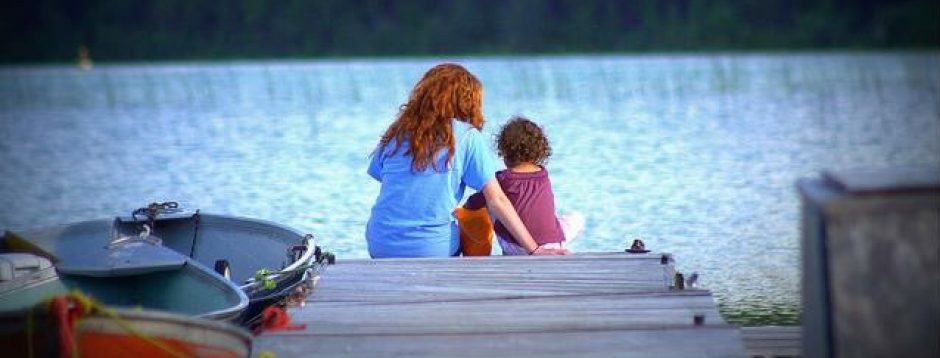In my poem I tried to focus on the beauty of nature excluding the impact of civilization. Mostly because I was beginning to long for my previous relationship with the earth. I used to welcome any opportunity to connect with it and share what I could with my environment. As my education progresses however, I find myself feeling more sympathy towards nature than my previous feelings (admiration, appreciation). I can’t say this is a bad thing, it allows me to become more aware of the problems, so I can do my part in helping. How can I appreciate something that is literally dying for my approval? The more I learn, the more I am finding there is very little I can do on my own, without the rest of civilization standing with me. Its because of this, that I sometimes find myself wishing to go back to a simpler time. When I didn’t know about the troubles Mother Nature faces. In my poem I wrote the words “give me (nature) water and I will share”. Mickeys letter describes a painful yet truthful depiction of our relationship with the earth that is far from sharing. It is a relationship where humans take and give very little back. We have a form of currency for everything on earth except for the earth itself. My poem discusses the high value of nature and Ben remarks in his poem that “we can’t forget how much its worth”. I tried to bring scientific knowledge into my journey. I imagined nature as a tree with roots, branches, buds, respiratory properties, a life we take for granted. Natalie did this as well in her love letter when she wrote “the greatest opportunities stem from this space we share”. This reminded me of my attempt at reciting our relationship with the earth as a tree that branches out and connects other aspects together, in “Symbiosis” (Natalie). It also tied in my own naïve picture of sharing the resources; exchanging one thing for another as a not so formal kind of currency. Not because it gets us what we want, but because it offers better health to the home, we all share.
